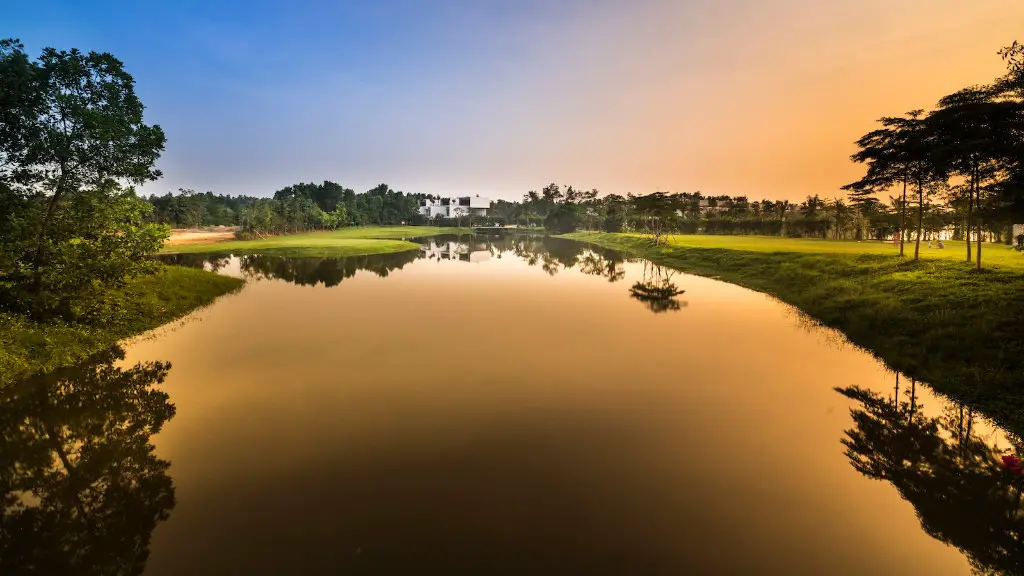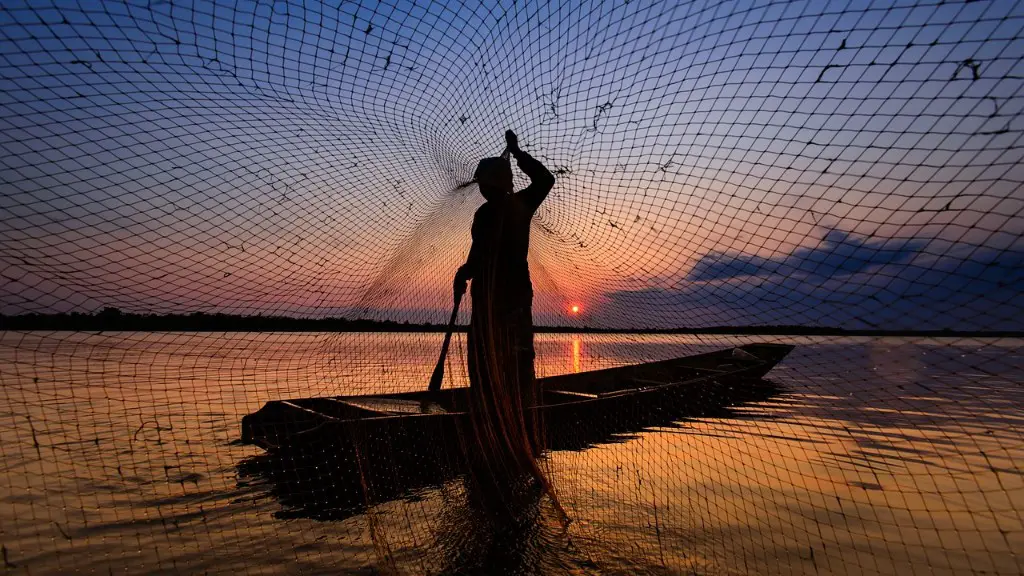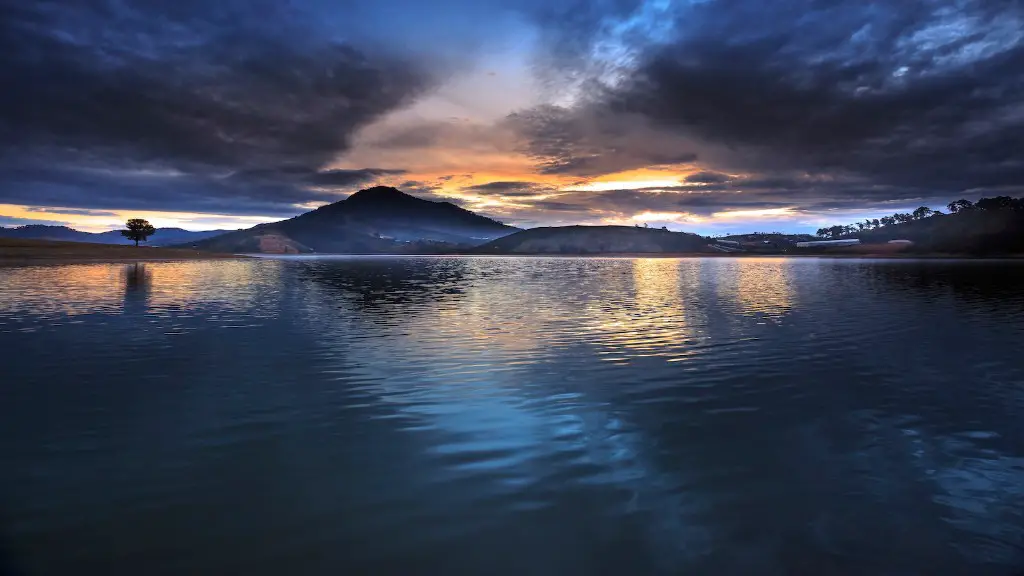What Is Lake Victoria?
Lake Victoria is the largest tropical lake in the world and the second largest freshwater lake in the world. It has a surface area of more than 59,000 square kilometers and is located in east-central Africa. It is a shared international resource, supplying water for many countries in the region. It is an important source of food and supports fisheries, wildlife, and tourism.
Which Continent Is Lake Victoria Located?
Lake Victoria is located in the continent of Africa and it is shared between Tanzania, Uganda, and Kenya. It also straddles the equator and is located in the Great Rift Valley. The lake is the main source of the Nile, the longest and most important river in the African continent.
The Environment Of Lake Victoria
Lake Victoria is an ecologically sensitive lake and is recognized for its diversity of plant, animal and fish species. There are an estimated 500 species of fish living in the lake and its waters are home to many species of birds, reptiles and mammals. The lake is also an important source of water for local communities, providing irrigation, drinking water and hydropower.
Threats To Lake Victoria
Despite its importance, Lake Victoria’s environment is under threat due to human activities. Pollution and overfishing are major threats to the lake and local communities have depleted fish stocks as a result of over-exploitation. Agricultural and industrial runoff have resulted in nutrient pollution, which has led to algal blooms, decreased water clarity and oxygen levels, and reduced fish populations. Climate change is also having a negative impact on Lake Victoria and its environment.
The Impact Of Conservation Efforts
In recent years, there has been an increased focus on the protection and conservation of the lake and its environment. The governments of Tanzania, Uganda, and Kenya have all introduced policies aimed at improving water quality, reducing pollution, and limiting overfishing. Non-governmental organizations, such as the International Union for Conservation of Nature (IUCN), are also working to improve the state of the lake through research, conservation, and education efforts.
The Role Of Local Communities
Local communities play an important role. Communities living around the lake rely on its waters for their livelihoods and have a vital role to play in protecting the lake and its environment. Through community-based conservation initiatives, local people can be empowered to become stewards of their environment and to act as change agents.
Economic Benefits Of The Lake
The lake provides economic benefits to the countries which border it, as well as to the people that depend on it. In addition to providing food and water, the lake is also an important source of hydropower and tourism. Hydropower provides a reliable source of electricity and the lake is an important part of the region’s tourism industry, attracting visitors from around the world.
Political Concerns
The lake is a source of tension between the countries that border it and there have been ongoing disputes over water rights and ownership of the lake. The divisions and conflicts between the countries have made it difficult to implement effective conservation and management measures.
Conclusion
Lake Victoria holds an important place in the history and culture of east-central Africa and is an important source of food, water and electricity for the local communities. Its environment is under threat from human activities such as pollution and overfishing, but increased conservation efforts are helping to protect and restore the lake. Local communities play an important role in the conservation of the lake and its environment and the countries which share it must work together to ensure its continued protection for future generations.


